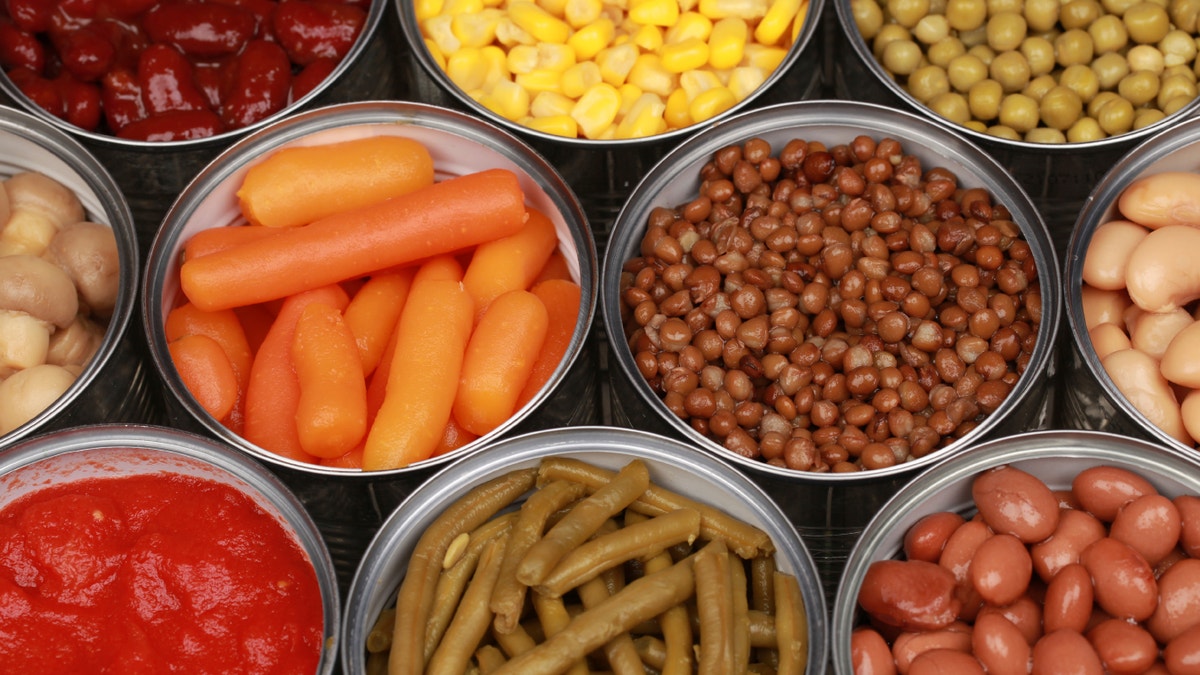
Vegetables such as carrots, lentils, corn, peas and tomatoes in cans (iStock)
Unless you've been living under a rock, you know that BPA (or bisphenol A) is pretty sketchy. This hormone-disrupting chemical, used in countless forms of food packaging, most notably cans and plastic containers, has been linked to everything from cancer to infertility to heart disease to brain and nervous system abnormalities to diabetes (Not sure what the big BPA deal is? Here’s what you need to know.).
The problem: Even though concerns about BPA were first raised nearly 10 years ago, food companies are still using the stuff like crazy—according to The Environmental Working Group's 2015 market survey, some companies have switched to BPA-free cans due to pressure from consumers, but the majority of canned goods in the US still contain the chemical in their linings. (Yikes, BPA’s only one of these 5 everyday food chemicals making you gain weight.) And due to an extreme lack of transparency, it's really hard to know where it's lurking—until now, that is.
MORE: 8 Healthy Lunches You Can Make In One Big Batch And Eat All Week
Last month, the EWG announced the launch of its new database of 16,000 drinks and foods packaged in materials that likely contain BPA––using information from the very companies that manufacture and sell these products. Simply type in a product name, or click on a letter of the alphabet, to learn which may be leaching this hormone disruptor into your food. And it's not just canned goods that are on the list—BPA is still used in the linings and lids of some glass jars of pickles, jellies, salsa, baby food, and more; along with many coffee cans, cooking oil tins, soda cans, and beer kegs.
The good news: The EWG's larger Food Scores database of more than 80,000 food products allows you to search for products with BPA-free packaging. The database also rates all products on a scale from 1 to 10 based on three strict health-related standards: nutrition, ingredient concerns (including toxins in packaging), and processing concerns. The lower the number, the better.
In general, though, due to the countless potentially dangerous chemicals lurking in packaged foods—not just BPA—it's a good idea to focus on real, whole foods whenever possible, and to store your leftovers in glass or stainless steel containers. (Stock your pantry with these 7 cleanest canned foods you can buy.)








































